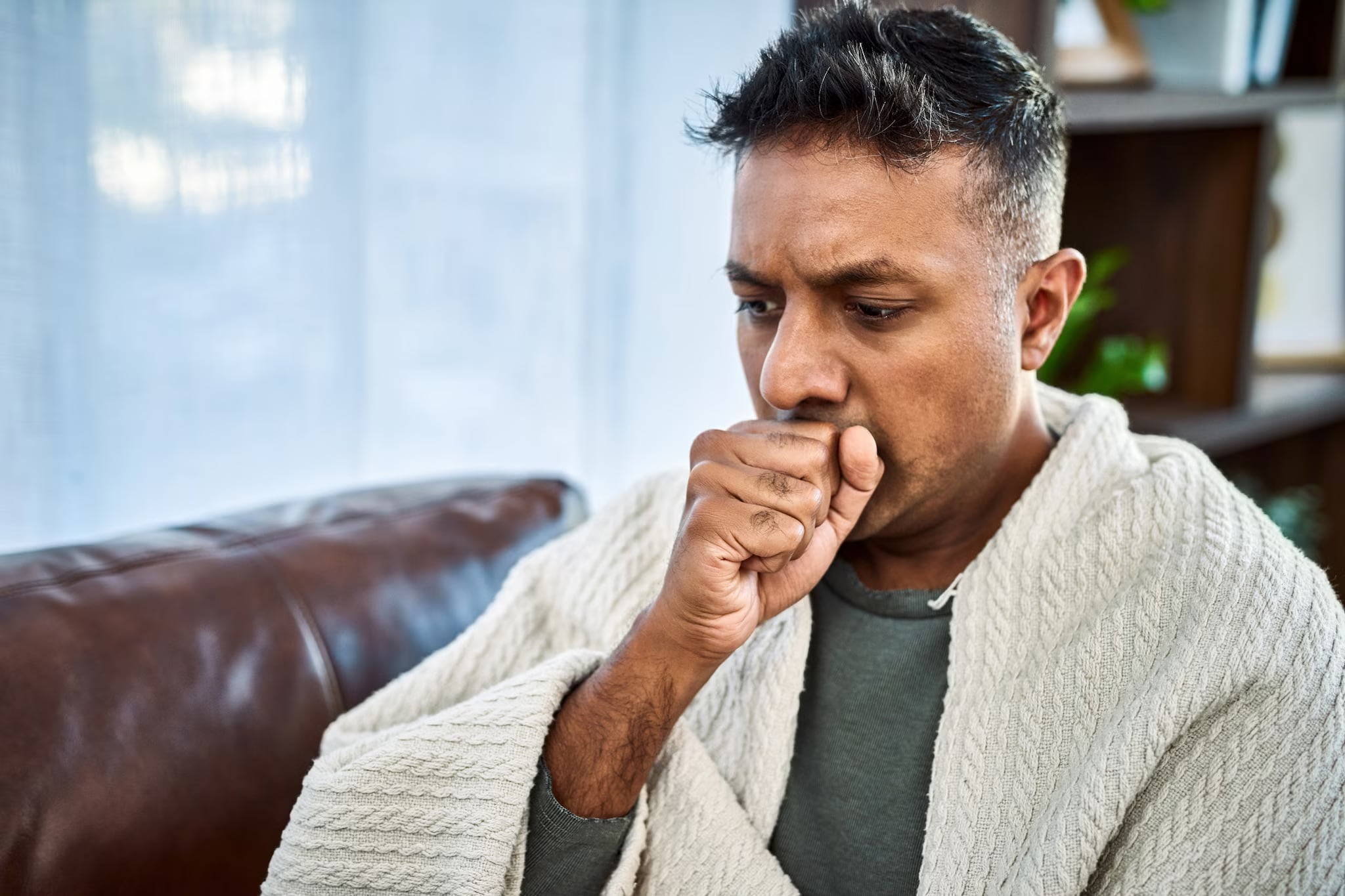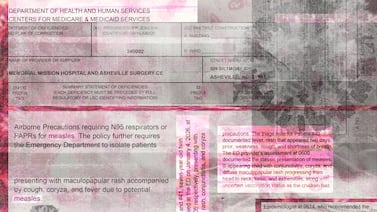Public health, explained: Sign up to receive Healthbeat’s free Atlanta newsletter here.
Many of Georgia’s most deadly respiratory diseases have declined over the past few weeks, but others appear to still be broadly circulating as the state approaches spring.
Since a second viral surge in February, state hospitalizations for the flu, Covid-19, or respiratory syncytial virus have sharply decreased, according to data from the Centers for Disease Disease Control and Prevention. The drop has been highlighted by the decrease in the number of overnight hospital stays for flu, which has been the largest driver of illness among the three viruses this winter and so far has killed 95 Georgians since October.
These data match the trends reported from CDC viral wastewater sites, which help public health scientists predict if spikes in health care visits for illnesses are on the horizon. Georgia measurements from flu, Covid-19, and RSV wastewater sites all indicate that the viruses have all receded to more manageable levels than earlier this winter.
Still, other harmful airborne diseases continue to circulate throughout Georgia. In January and February, the state’s Department of Public Health detected 80 probable or confirmed cases of pertussis, according to agency spokesperson Nancy Nydam.
Nydam said last week that the health department accounted for 371 cases of pertussis, a respiratory disease also known as whooping cough, in 2024. While infections are often detected retrospectively and both time periods’ counts could change, that puts Georgia on pace to have more cases this year than in 2024.
State and national doctors have been concerned about a rise in whooping cough, which can prevent babies from breathing in extreme cases, over the past year. In December, Georgia’s health department put out a health advisory for parents and providers to be on the lookout for symptoms of the disease.
While the whooping cough vaccine is less effective at preventing the bacteria than other immunizations, it still offers a strong level of protection against the disease, according to the CDC. Last fall, the Atlanta-based health agency recommended whooping cough vaccinations for anyone who has never received it and periodic shots for kids six years old and under.
Dr. Mark Griffiths, an Emory University pediatric medicine associate professor and medical director of the Children’s Healthcare of Atlanta’s Hughes Spalding Emergency Department, told Healthbeat in February that pertussis is one of many vaccine-preventable diseases that could flourish if parents don’t take steps to protect their children.
“It is a concern that we might start to see some of these other things that we had hoped had been tamped down,” he said.
Allen Siegler is a reporter covering public health in Atlanta for Healthbeat. Contact Allen at asiegler@healthbeat.org.






